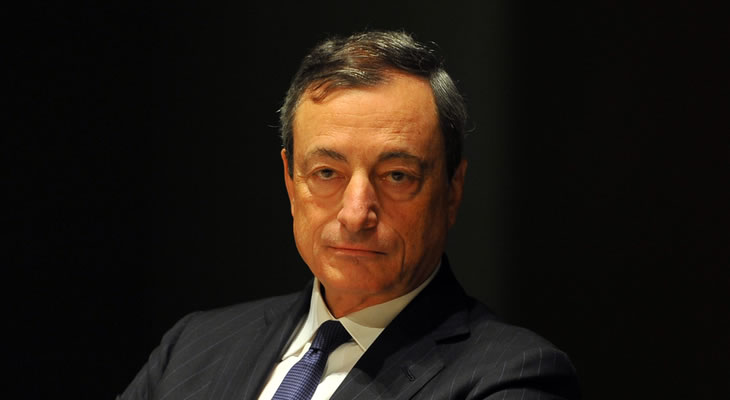The Pound Sterling to Euro (GBP/EUR) exchange rate could advance to the 1.40 level next week as investors continue to offload their Euros ahead of the launch of the European Central Bank’s €1 trillion quantitative easing programme on Monday.
Pound Sterling to Euro (GBP/EUR) Exchange Rate hit a session high of 1.3914 on Friday March 6
The Pound made solid gains against the Euro this week following the release of mostly positive UK Purchasing Managers Index (PMI) releases and as the markets raised their bets that the next interest rate move by the Bank of England (BoE) will be an upward one.
The BoE’s monetary policy remains on a divergent trend with the ECB, Bank of Japan, Bank of Canada and Bank of Australia. The currency will likely continue to find support from that fact over the coming weeks but will likely begin to soften, as we get closer to May’s general election. With the result of the election in doubt, investors are expected to becoming increasingly jittery.
The Euro meanwhile is forecast to weaken even further next week, as investors are unhappy with the way the ECB outlined its QE plans. ECB President Mario Draghi was particularly vague over when the programme is expected to end, giving a vague September 2016 date as a possible deadline. The bank aims to keep the programme running until inflation rises back close to 2%, something that could take longer than expected.
Euro Exchange Rate Decline ‘Brutal’
The Euro is being punished by the markets with one market analyst describing the currency’s decline as ‘brutal’.
Currencies tend to weaken during QE as there is more money in circulation and lower interest rates tend to encourage consumers to spend and businesses to invest. A cheaper Euro is expected to combat low inflation and stimulate both the region’s economy and exports, which become more attractive with a cheaper currency.
With the QE programme set to start on Monday, we can expect the Euro to drop further as investors shed their Euros. The rest of the week promises to be a lot quieter than the one just gone due to a lack of major market moving data releases from the UK and USA.
The only important data due for the Pound will be Wednesday’s Manufacturing and Industrial Production reports and the NIESR GDP estimate. On Thursday the Euro could find support if Eurozone production data comes in better than forecast.
Investors will want to keep an eye on events in Greece as the situation there has the potential to put more pressure on the single currency.
A number of Eurozone inflation reports are due on Thursday, which could support the Euro.
Any breach of the Ukraine ceasefire would also weigh on the Euro.

